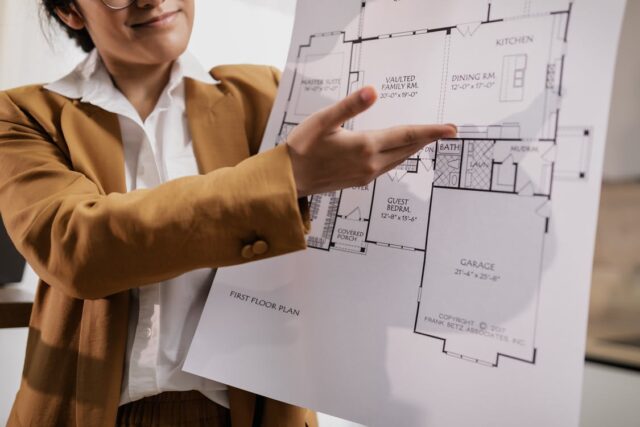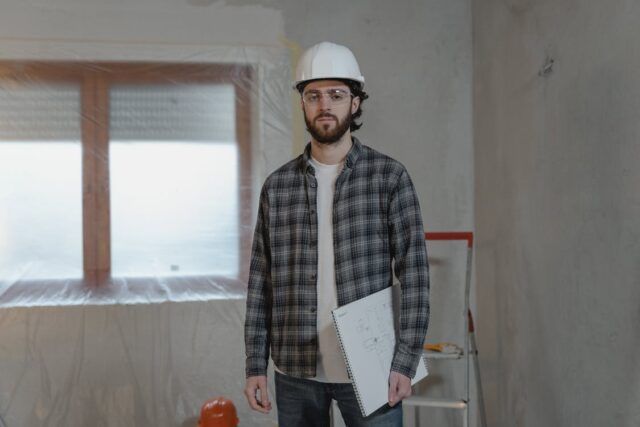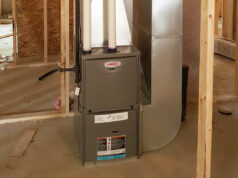
Owning your own home is one of the most liberating and rewarding feelings in the world and the reasons for it are quite obvious. Not only do you not have a landlord to whom you have to pay a lot of money each week or month, but you actually possess a place that is completely yours in every sense of the way.
Having a house to your name, and that of your family, means starting a new chapter in life, one where you are no longer dependent on anyone else other than yourself and your loved ones. Sadly though, there are many who cannot afford to ever get their own place.
Buying a house is a far-fetched dream for billions of people around the world, especially now when the prices of everything are going up while the salaries are remaining the same.
With that being said, there is still hope for anyone who wants to buy a house right now, and it comes in the form of budgeting. Budget options exist for anything, regardless of size or type. There are always cheaper alternatives to those that the majority would like to buy. Reality is such and there is no reason to pretend otherwise. Buying a house on a budget still gives you the option to have your own home to care for and improve for decades to come. And who says that it cannot be renovated sometime down the line when the financial situation improves?
In this article we talk about the most important and the most beneficial budgeting tips and mistakes to keep in mind when buying a house. Saving wherever you can is the way to go but not when you are sacrificing something else in the process. Therefore, read on to learn more and be sure to click here for more about this.
Spending more than you have or should

Putting all of your eggs into a single basket is never the right way to do anything. What if they all break, what will you have left? The same principle applies to spending your entire budget on a home no matter how much budgeting you are trying to do in the process.
Before you proceed with looking for the right house to buy, you must determine exactly how much you can spend on it. It should never be your entire savings, nor should the budget be most of the money you have. What if there is an emergency situation? You will have nothing to fall back on should something happen and you need money. A good rule of thumb is to have at least 30% of the home’s price leftover for other expenses, mainly insurance, taxes, utilities, and maintenance. This instantly means that you need more money for the actual home buying than you planned for, despite still being on a budget. Never outspend initially and have money leftover.
Looking for the right help

The housing market is a very treacherous and diverse one, with too many options either being too good to be true or too out of reach for an average buyer. Without employing the right help along the way you will have a much harder time shopping for a house on a budget.
The truth of the matter is that you cannot do it alone. You may believe that you can and that you only need yourself in this scenario, but that cannot be further away from the truth. Not only will you require guidance and advice on many things, you will actually need a real expert on your side. What this means is working with the right real estate agent. Their job involves grinding houses that fit their clients’ financial and physical needs.
So if you tell them that you are on a budget and describe what kind of a home you are looking for, they will already have recommendations for you to check out. But end up with a bad agent and you may overpay for a faulty home or get scammed otherwise. Make sure to always hire an agent but also check if they are legit or not.
What you want and need are two different things

All of us would like to have spacious houses with a few spare bedrooms and all of the amenities, with enough room in both the kitchen and the bathroom and plenty of storage space. The garage should fit two cars and the backyard needs to be big enough. On top of that, the location should suffice and all of the places you visit daily need to be close.
In the real world, things do not work like this and rarely is a house perfect. Even if it is, the price will probably be well over what you can afford on a budget. Therefore, think long and hard about what your wants are compared to your needs. When you start eliminating things that are luxuries and not necessities, you will realize how little is actually needed for an adequate, optimal life.
Now, luxuries and things that spoil us or make life easier are some of the things everyone wants. Overtime, you can start buying more or renovate the home, but while you are on a budget you have to remain realistic. Make two lists, one titled “must have” and other titled “nice to have” and see what we mean.
Inspect the home

Last but not least, you have to make sure that there is a home inspection taking place before you shake on the deal and buy the house. Too many people buy homes without checking the installations and other areas where problems potentially lie. What if the flooring is faulty, if the walls are not strong enough, or if the roof is leaking? How will you know? Before you buy the house, no matter how good the deal is and how attractive the price, you have to make sure a home inspection takes place. An average cost is between $300 and $500, a small price to pay for security and peace of mind. You do not want termites of bad wiring risking the wellbeing and comfort of your family without you ever knowing about it. Besides, the costs of eventual repairs will far exceed the price of an inspection.









